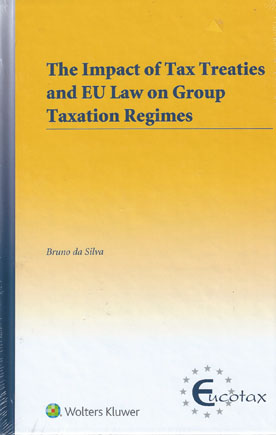
Should the income of a corporate group be taxed differently solely because the traditional structure of the income tax system considers each company individually?
Taxation affects business decisions, including location, the form in which business is carried out, and the efficient allocation of company resources. Disparities – differences arising from the interaction of different tax systems – and obstacles – distortions created by domestic legislation arising from differences between domestic and cross-border situations – both become more acute when a business chooses to set up or acquire other companies, thus forming a group, usually operating in multiple jurisdictions.
Responding to such ever more common developments, this book is the first in-depth analysis of how tax treaties and EU law influence group taxation regimes.
Among the issues and topics covered are the following:-
The analysis considers concrete examples as well as relevant case law.
With its analysis of the standards required by the two sets of norms (tax treaties and EU law) and their interaction, particularly in terms of non-discrimination, this book sheds clear light on ways to overcome the disparities and obstacles inherent in group taxation regimes.
As a thorough survey of the extent to which the interpretation of tax treaties and EU law affect group taxation regimes, this book has no peers. All taxation professionals, whether working in EU Member States or in EU trading partners, will appreciate its invaluable insights and guidance.